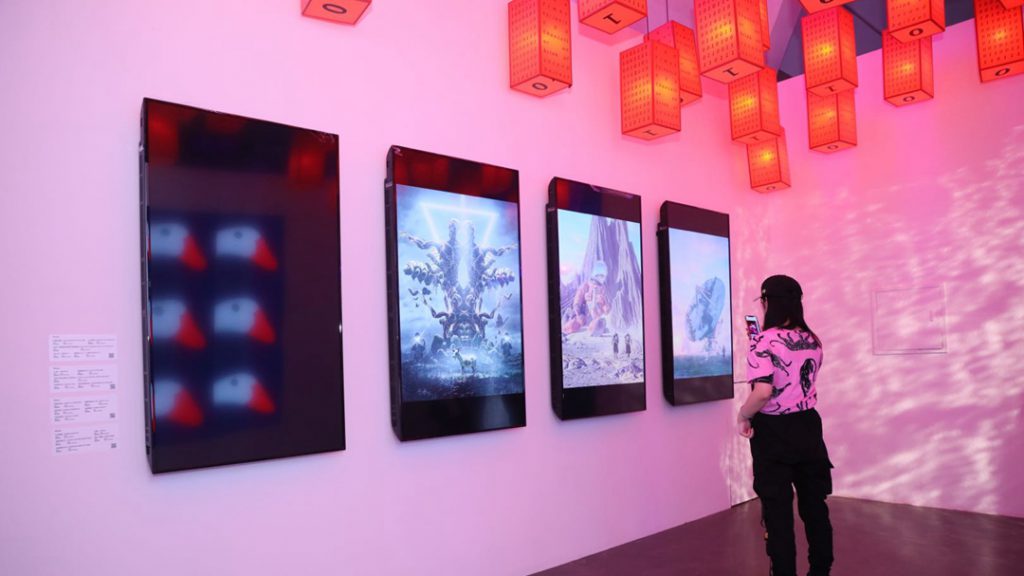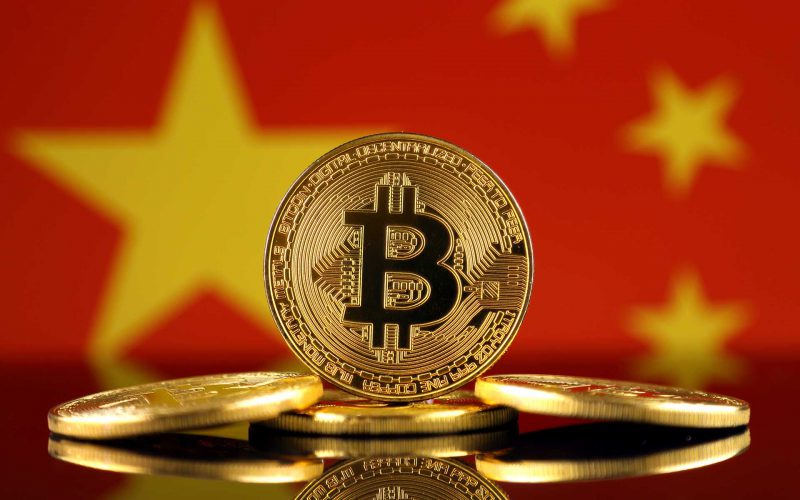The Chinese government has made it apparent that it despises the anti-establishment cryptocurrency sector. However, it’s a different story when it comes to crypto’s blockchain technology. President Xi Jinping has pushed for widespread adoption of digital ledgers to help China become a digital and economic powerhouse. NFT’s, the latest blockchain craze, are also being embraced by the country, though with caveats.
Beijing’s first priority is social and economic stability, which explains its aversion to speculative, unpredictable crypto trading and its links to gambling, money laundering, claimed frauds, and other issues. In 2021, new crackdowns caused exchanges like Huobi to completely stop serving Chinese consumers. When regulators concluded that the excessive energy usage and carbon emissions linked with crypto mining were no longer acceptable, miners fled the nation.
READ ALSO: No Crypto Ban in India: Digital assets to be regulated under SEBI
China’s approach to NFT’s
NFTs were originally based on the secure, decentralized blockchains associated with cryptocurrencies, but China took a different method. It relies on so-called permission-based blockchains, which are regulated by the government. Because there are no crypto coins involved and all payments are made in the official yuan currency, there is limited room for speculation. The system only allows for the first purchase of an NFT; there is no secondary market, similar to the worldwide exchange OpenSea, where speculators bid up collectible prices.
Ant Group Co. and Tencent Holdings Ltd. were among the first to create so-called “alliance” blockchains, which are governed by groups of private enterprises under the government’s jurisdiction. Ant has established a “Treasure Project” allowing museums and galleries to leverage its blockchain technology to produce digital artifacts. For the Chinese Year of the Tiger, a total of 24 museums across China will join an Ant effort to print NFTs inspired by tiger-themed cultural artifacts. The “Sword of Goujian,” a weapon named after an ancient Chinese lord, sold out 10,000 digital copies in minutes in October.
READ ALSO: Hong Kong to reveal new crypto regulations
So why the demand if people can’t resell their NFT’s?
People have been purchasing NFTs in the hopes that they will show to be profitable in the long run. In January, the Bilibili site sold over 2,000 cartoon birds, and owners would be able to create and sell physical things based on their distinctive pigeon image. 8,000 limited-edition NFTs based on ancient Buddhist cave art were auctioned via Alipay in June 2021, and buyers snatched them up. Big IT companies, merchants, and auction houses are all jumping on the NFT bandwagon to increase their reputation and demonstrate that they’re on top of the latest trends.


So, what’s in it for the Government?
The NFT project has increased the number of people involved in the country’s blockchain drive, which may be used for everything from supply chain upgrades to medication development and e-commerce. The government is now advocating for a more coordinated strategy. The state-backed Blockchain-based Service Network, for example, soft-launched a platform in January to make minting and managing NFTs and other digital assets easier and cheaper for enterprises. Separately, the central bank is introducing the e-CNY, a digital form of the yuan. It’s already a feature of Tencent’s ubiquitous WeChat multifunctional software, despite not being based on blockchain.
Digital collectibles purchased on one of China’s strictly controlled networks are not exchangeable on global, independent platforms like Ethereum, where the majority of NFT artworks are created. As a result, there are two separate ownership regimes for NFTs.
READ ALSO: NFTs came and conquered 2021; Is 2022 going to be the same?
Crypto purists believe in global, decentralized marketplaces with no central authority, hence they consider blockchains run by government-approved firms and entities to be a charade. China’s methodology could serve as a model for other authoritarian countries attempting to keep up with technological advancements. But it raises the question of whether an object can truly gain long-term worth if there is no secondary market in which to price it.





